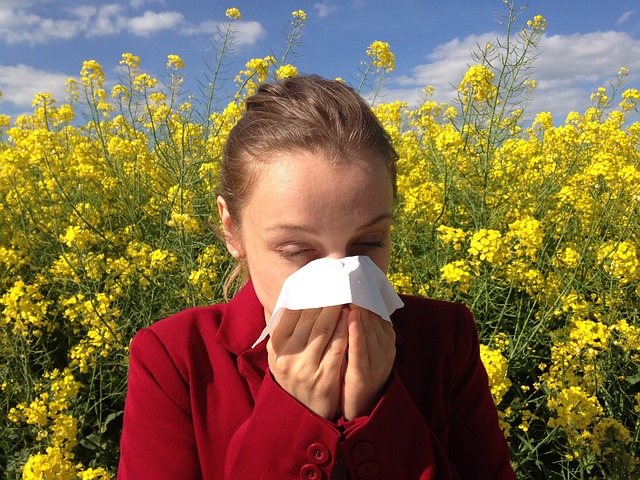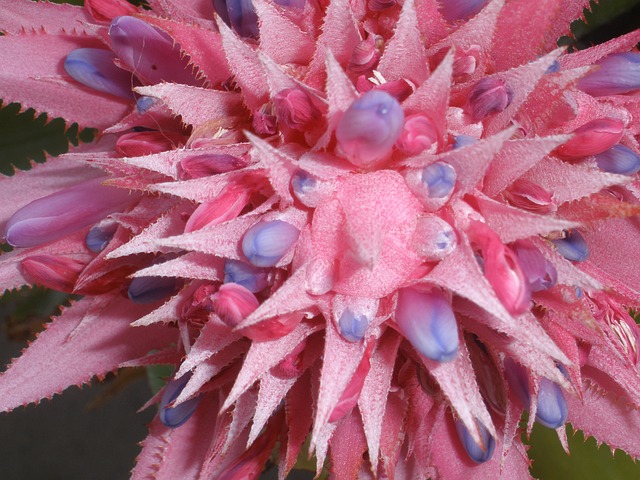Allergies

Gardening Questions From Moira:
My enjoyment of making garden improvements knows no bounds, but this morning I woke up at 4 am with asthma symptoms from seasonal pollen exposure/allergies. I’m sure I should have worn a HEPA mask as I tore out 1/8 acre of overgrown grass, and happily dead-headed geraniums. Have you any suggestions for low-allergenic native flowers that support bees in CA zone 10a ? I realize this might be impossible, due to individual reactions, as Star Jasmine (which I am terribly allergic to) is on the Asthma Foundation’s list of non-allergenic plants!

Answer from Pat:
People usually think garden flowers are the culprits that give folks allergic reactions. Yet in many cases one’s suffering may be caused by a plant that goes largely unnoticed. For example, flowers of various grass species are amongst the worst plants for kicking up latent allergies. If the gardening you were doing included pulling out common devil grass and other grass weeds that might have been the major problem. Many species of pine tree are major allergy inducers yet slip unnoticed beneath the radar, but they fill the air with pollen prior to making cones.
Among garden flowers, some of the most colorful and least troublesome include hydrangeas, which, though they do not bring bees, do bloom all summer and grow well in your climate zone in pots or the ground. Several tropicals including some we grow in the house, like brugmansias and other bromeliads have long-lasting flowers, grow equally well outdoors and don’t tend to kick up allergic reactions but again no bees. Surprisingly roses, which do bring bees are not known for causing hay fever or other allergic reactions. Many modern varieties of rose are also disease resistant and long-blooming. Climbing roses give you more bang for the buck than most garden flowers, so why not grow those? Another idea: maybe plant a Meyer lemon tree, no allergy problems but lots of bees.

